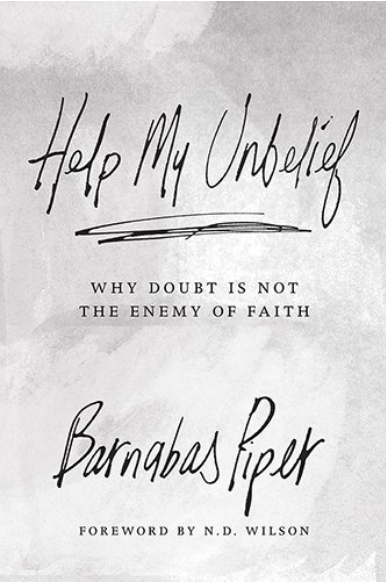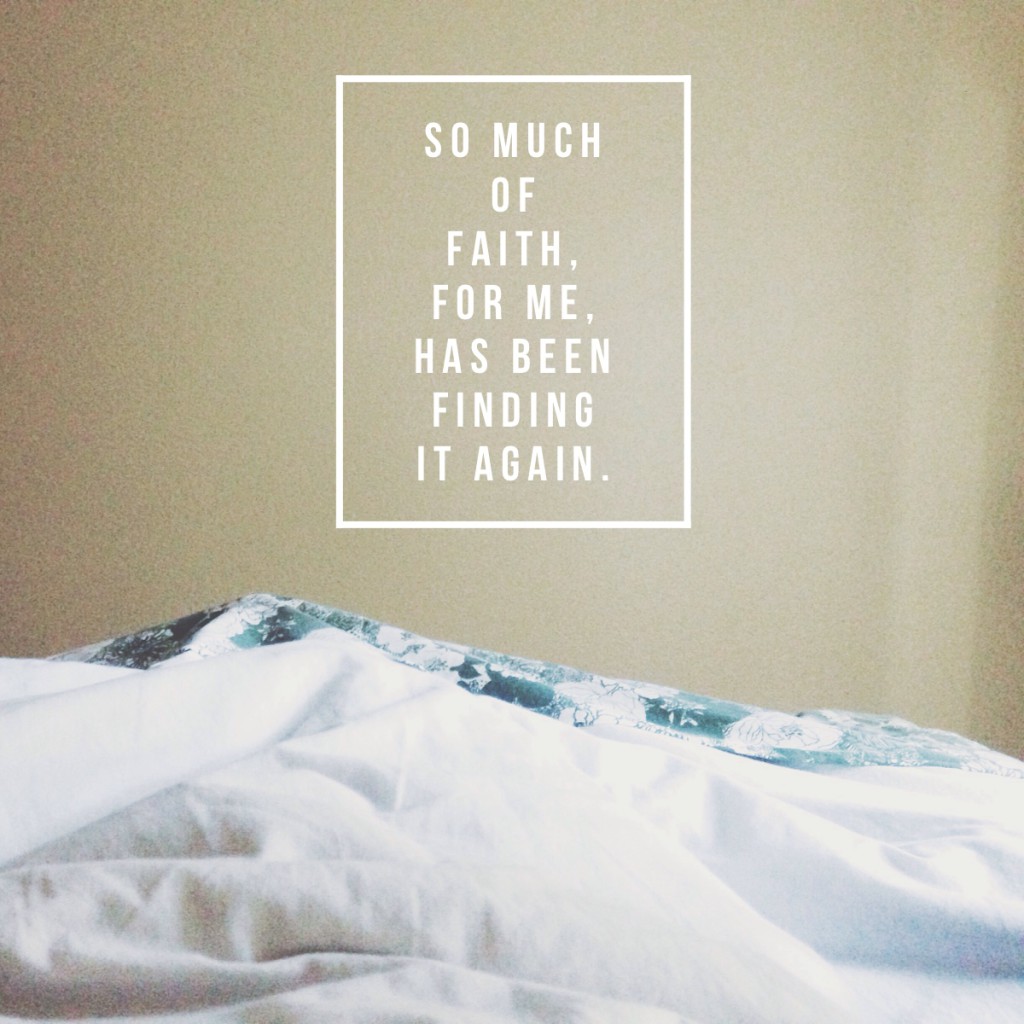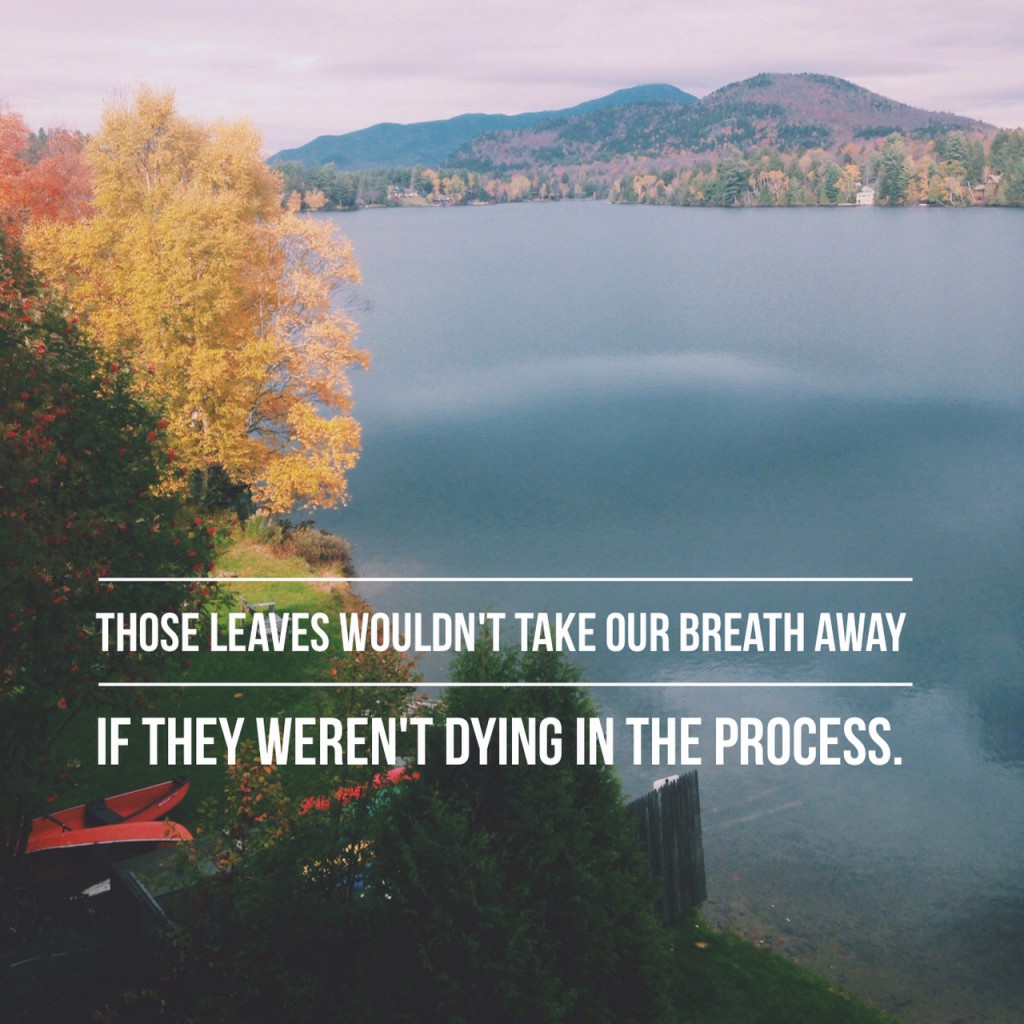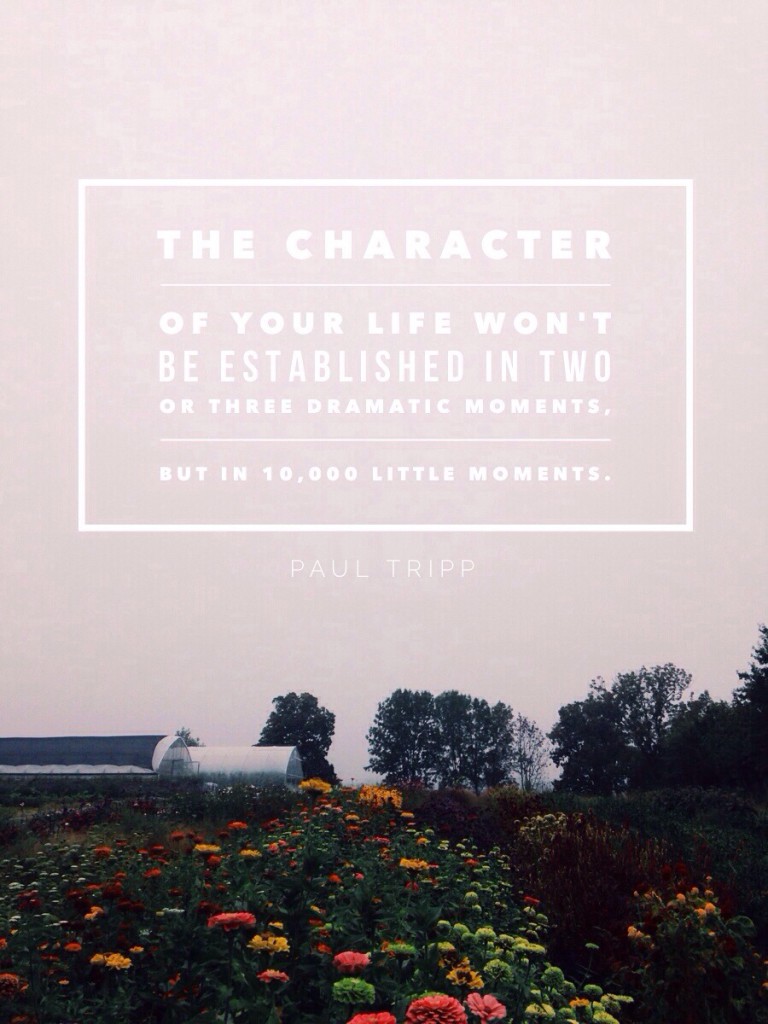Fear of Flying and Dying and the Death of Me
 I am not so afraid of death as I am of dying, the long slow fall into oblivion. And it is not attached so much to plane crashes and car accidents as it is to the slow death of the everyday. The "punctual rape" Richard Wilbur calls it and it is vulgar, yes, but true of sorts. Every day a little more is shaved off my life and I grow a little closer to the final sleep—and eternal wake. It is the every day dying I do to myself that pains me so much. This is the real dying I fear.
I am not so afraid of death as I am of dying, the long slow fall into oblivion. And it is not attached so much to plane crashes and car accidents as it is to the slow death of the everyday. The "punctual rape" Richard Wilbur calls it and it is vulgar, yes, but true of sorts. Every day a little more is shaved off my life and I grow a little closer to the final sleep—and eternal wake. It is the every day dying I do to myself that pains me so much. This is the real dying I fear.
I wake this morning crippled by fears: what ifs and whens, hows and whos. The conversations I must have and the questions I must ask and the corrections to be ministered and the challenges I must accept and the prayers I must pray and the asks I must petition. These seem insurmountable when I list them out in the still dark hours. How, God? and Why Me? —these are the questions I ask.
The thing about death and dying is you can't stop it. He who numbers and knows our days held the date in his hand before the foundation of the earth. The thing about death and dying to self, though, is it seems like you can stop it. Don't have the conversation. Don't submit yourself to correction. Don't give up what you want. Don't let go of this grudge or that fear or this offense or that dream. Hoard it all in the belief that you can have it all and take it with you when you breathe your last.
It's an illusion, see. The belief that we can keep our lives and also we can keep all that is life, or what seems like life. Christ came to give life abundant, but the greatest lie we believe is He won't and so we must get it ourselves.
I believe it sometimes. Do you?
I fear flying and car crashes, death and dying, yes, but right now I fear conversations and submission and saying, "Not my will, but thine," far more. The irksome presence of people and demands and desires pressing on me more than I want them to or think I deserve them to.
My pastor recounted a story to me recently about pastoring people and the expectation that sometime they'd finally get it together and his job would be easier. But that's not the job of a pastor, he said, the job of a pastor is to shepherd sheep and it never ends.
I think this is the role of the person too, at least the Christian person. To shepherd sheep. Dying, bleating, complaining, fussy sheep, who smell and press in and run away and push back—and to wake every morning ready to do it again. To come and die, to lose our lives that we might find them in the face of the great shepherd who leads us—yes us, yes you—beside still waters and restores your soul in paths of righteousness.
And all this for His name's sake. For His glory. For His renown.









